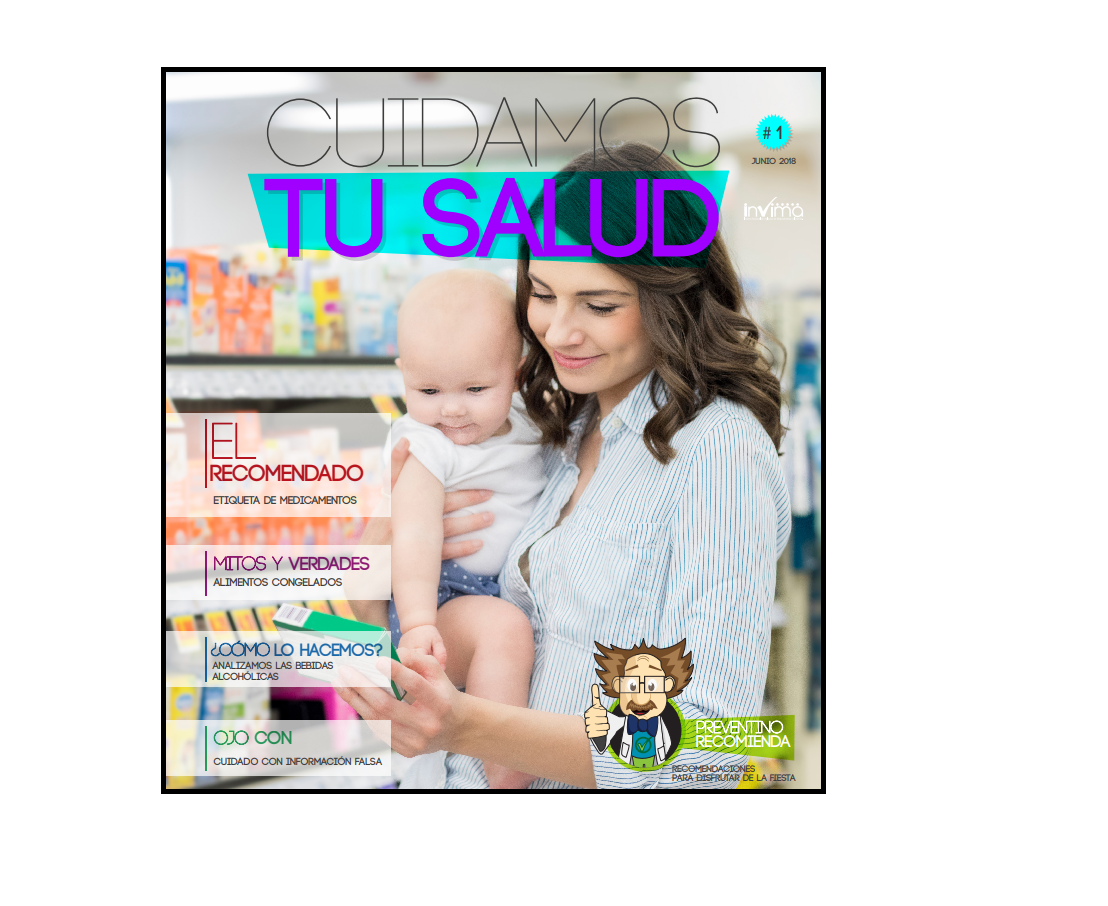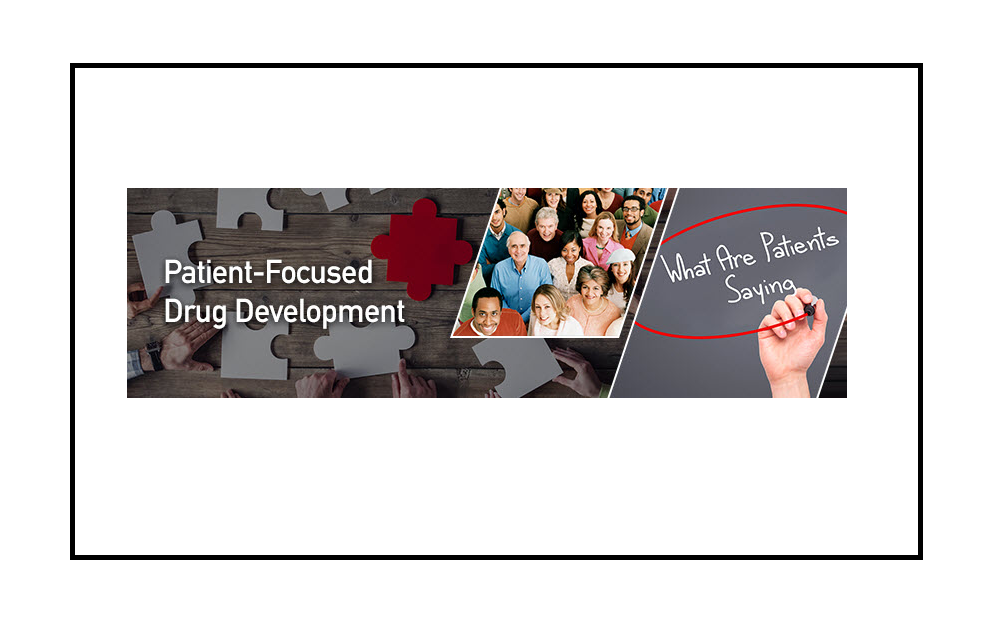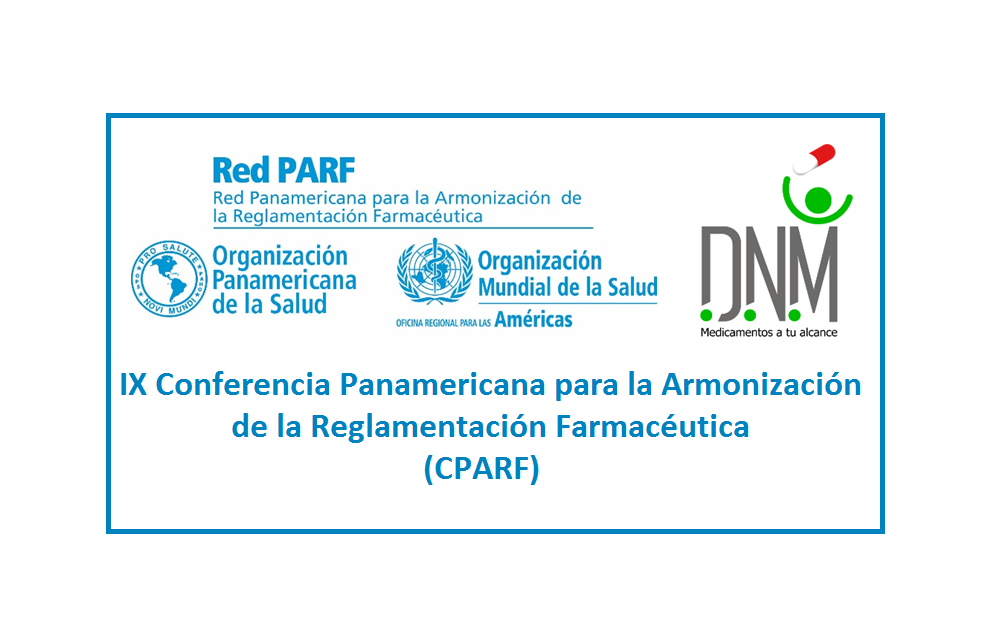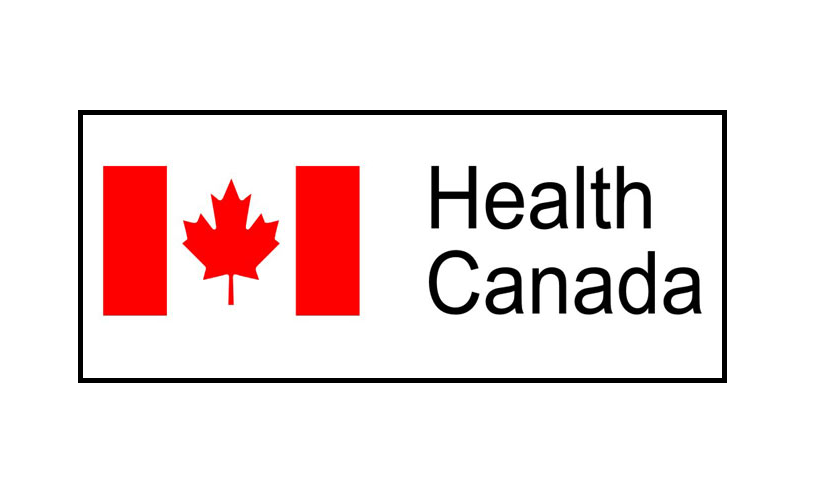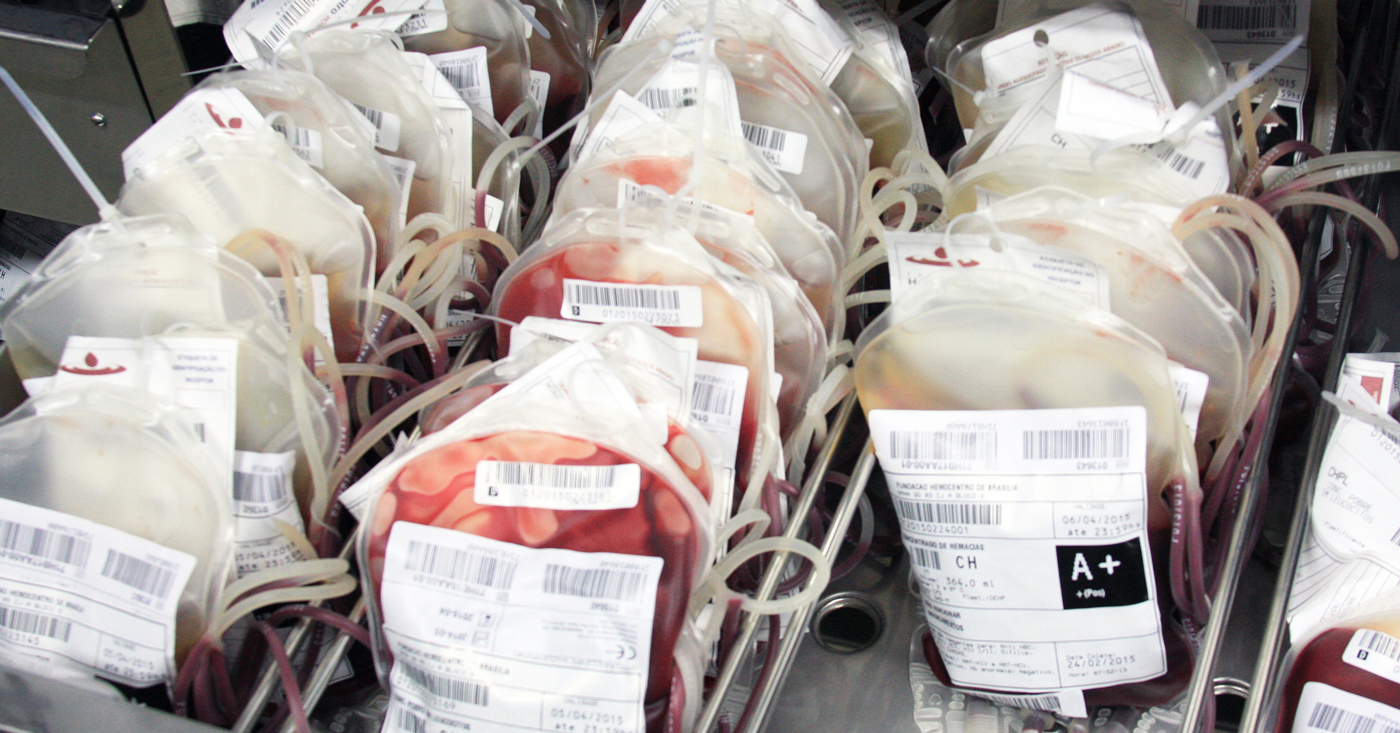Dominican Republic: Ministry of Health publish new basic List of Essential Medicines 2018
[Original Text in Spanish]
SANTO DOMINGO.-The Dominican Government through the Ministry of Health guarantees access to essential medicines with the implementation of the 7th version of the Basic List of Essential Drugs, with 797 selected drugs. This selection was made based on scientific evidence and through the use of a systematized methodology that considered the national epidemiological profile, the different levels of care, clinical therapeutic guidelines and care protocols, thereby complying with the General Law of Health 42-01.
Compared to the version of 2015, the Basic List of Essential Medicines 2018, has 35 additional drugs, in the following categories: psychoactive drugs, cardiovascular, analgesics, antibiotics, antiepileptic drugs, contraceptives, tuberculosis treatments and HIV medicines for hepatitis B and C.
More information on the link http://www.msp.gob.do/MS-oficializa-Cuadro-Basico-de-Medicamentos-Esenciales-2018


